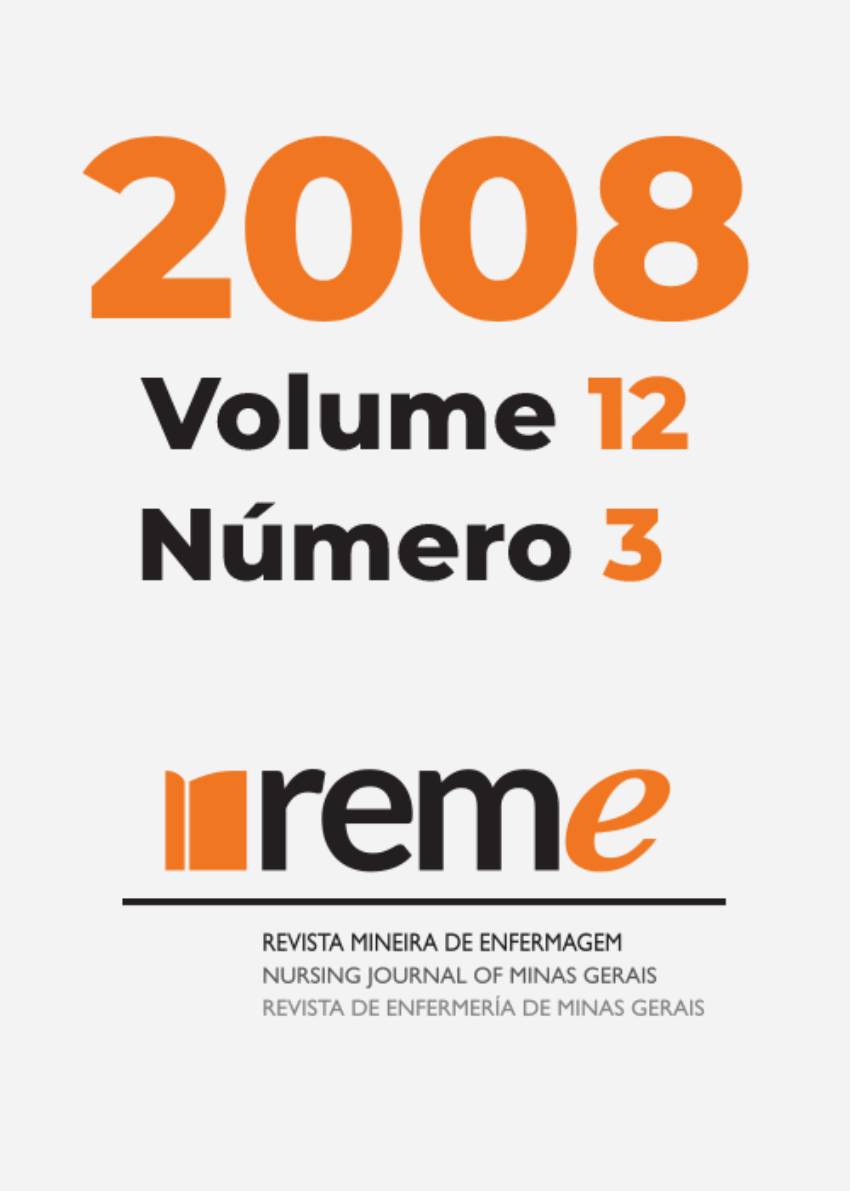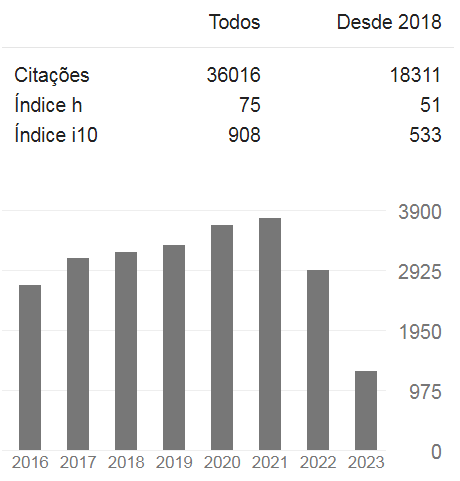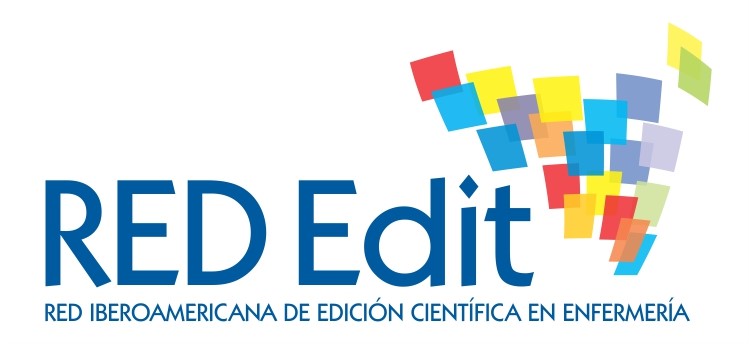Persuasion as a strategy to modify beliefs in risk behaviors related to coronary arterial disease
Keywords:
Coronary Artery Disease, Religion and Psychology, Risk FactorsAbstract
The study aims to identify the extent to which didactic-pedagogic material can modify beliefs favoring the adoption of preventive behavior towards coronary artery disease (CAD). The premises of Fotheringham's Persuasion Theory and Rokeach's Beliefs System were taken into account. It is a quasi-experimental study with a sample of 200 participants, half of whom were men. Participants'age ranged from 30 to 73 years. Thirty four percent of the patients had hypertension level I and 75% had a 10% CAD risk. Total cholesterol levels were increased in 34% of the patients. In all, 1,297 beliefs in several behaviors were produced: smoking, alcohol consumption, excessive intake of high-fat food, stress, not controlling blood pressure, not controlling diabetes, excessive salt and sugar intake, not controlling weight and not exercising; of these, 248 were related to behaviors involved in the assessment of risk scores for coronary artery disease, distributed as follows: Type B (36%), D (28%) and E (36%) beliefs. McNemar's Binomial test and chi-square test were used for data analysis. After exposure to didactic material, two assessments took place (post-test 1 and post-test 2). The results concerning most of the behaviors under analysis were statistically significant, except those for diabetes control and blood glucose measurement. The beliefs reference framework was appropriate to explain the difficulty in achieving adherence to therapeutic and preventive recommendations and the persuasion technique was valid to maximize the impact of risks and influence the displacement of beliefs.Downloads
Download data is not yet available.
Published
2008-09-01
How to Cite
1.
Stuchi RAG, Carvalho EC de. Persuasion as a strategy to modify beliefs in risk behaviors related to coronary arterial disease. REME Rev Min Enferm. [Internet]. 2008 Sep. 1 [cited 2024 Aug. 16];12(3). Available from: https://periodicos.ufmg.br/index.php/reme/article/view/50606
Issue
Section
Research






































